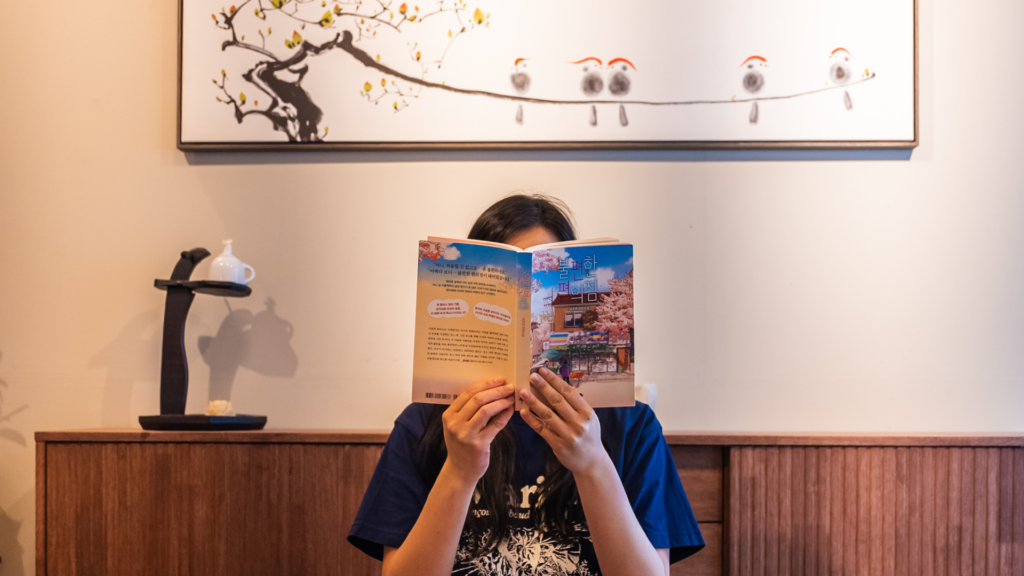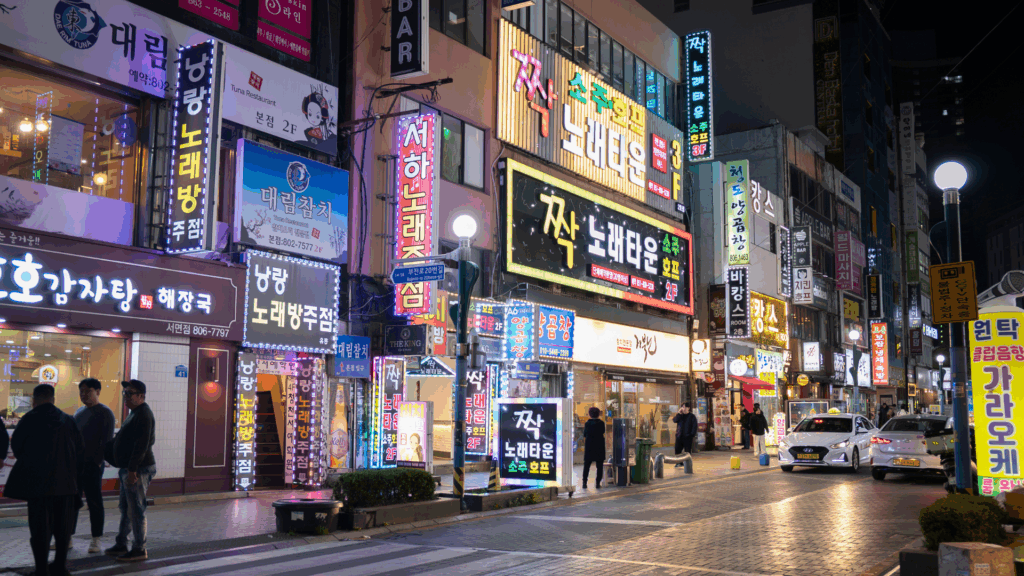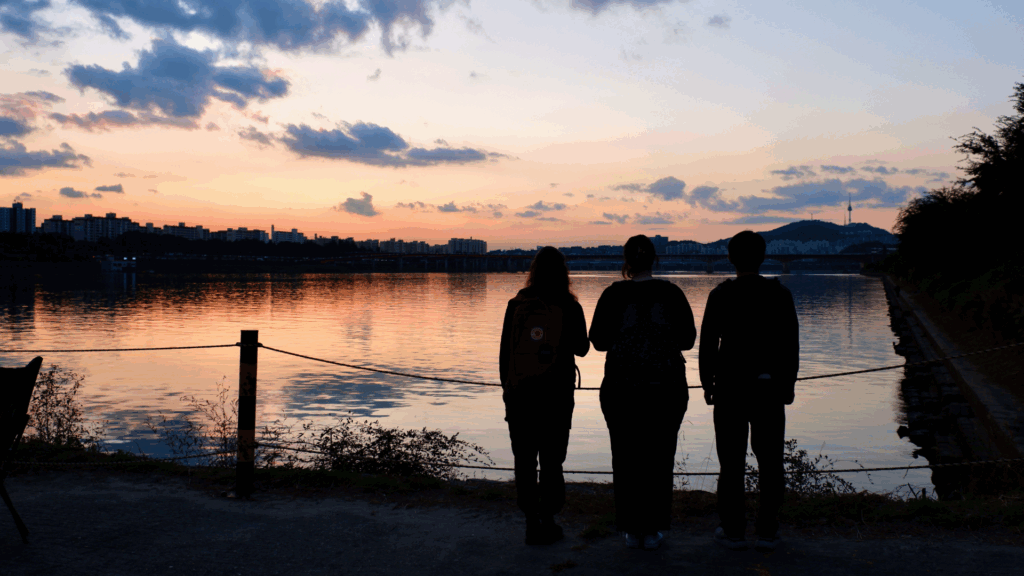If you are in South Korea, you may need to buy some medication, whether for a flu, stomach ache, etc. Therefore, you may need to go to a pharmacy in Korea, while pyeoneuijeom (convenience store) may have the basic types of medicine to treat milder symptoms.
Let’s clarify here which type of medicine/drugs can be bought in pharmacies and which can be bought in simple mini-markets, and then let’s look at some useful phrases you might need if you find yourself in a pharmacy in Korea.
Where to buy medicines at the pharmacy in Korea

Prescription-only medicines
When it comes to prescription-only drugs, you will need to go to a pharmacy in Korea (약국, yakguk) and present your doctor’s prescription at the counter. There are no general practitioners , so even for a simple cold, if you need a doctor you have to go to the hospital. If you need a general practitioner, look for a naegwa (내과 Internal Medicine Department).
If you are registered with the national health insurance (NHI), you only need to present your Residence Card and you should either be free of charge or pay a small amount. In the case of other insurances, you can either leave your insurance details or pay and then claim reimbursement from the insurance company, depending on how your insurance policy and coverage works.
Non-prescription drugs
For non-prescription drugs you can go to the pharmacy and help yourself to the shelves on display in the shop. If you can’t find what you need, you can still ask the pharmacist, who will help you look for it. It may also happen that the medicine in question, although exempt from prescription, is not on the shelves open to the public but behind the counter, or that it is out of stock. In the latter case, the pharmacist can help you find a suitable alternative.
You can also find some basic medicines at pyeoneuijeom, the Korean convenience store. There is usually a glass cabinet near the counter, sometimes locked or sometimes protected by a glass door. Here you can buy medicines against flu symptoms, painkillers and digestives. They are very cheap and buying them here is great if you need them at night or on the weekend when most pharmacies are closed. If the medicine you are looking for is out of stock, you can ask the salesperson for help, but remember that they are not a pharmacist and therefore will most likely not have medical expertise.

How to find a pharmacy in Korea
If you are looking for a pharmacy in Korea, several stores can be found in the same area. They are usually not very big shops and are well marked by a 약국 sign and the classic cross symbol. In addition to medicines, there are also other products inside the pharmacy in Korea, such as cosmetics or insect repellent.
Generally, pharmacies in Korea are not open during evening hours and are often closed during weekends. If you need to buy medicine during these hours, you can either go to the convenience store for basic medicines or go directly to the hospital if it is something more serious.
Useful items to use at a pharmacy in Korea
If you’re going to buy medicine in Korea, it’s best to know some useful vocabulary. Here are some of them:
- 알레르기 (allereugi): allergy
- 생리통 (saengritong): menstrual cramps
- 감기 (gamgi): cold, flu
- 속이 쓰림 (soki sseurim): heartburn
- 두통 / 머리 아픔 (dutong / meori apeum): migraine / headache
- 위통 / 배 아픔 (witong / bae apeum): stomach / tummy ache
- 인후염 / 목이 아픔 (inhuyeom / mogi apeum): sore throat
- 설사 (seolsa): diarrhea
- 멀미 (meolmi): motion sickness
- 발진 (baljin): rash
- 열 (yeol) : fever
You may also find it helpful to know the types of medication:
- 물약 (mul-yak): syrup
- 알약 (al-yak): tablet
- 캡슐 (kaebsyul): capsule
- 가루약 (garu-yak): powdered medicine
To ask if there is a specific medicine, just say the name of the medicine followed by: “있어요?” (isseoyeo). If you don’t know the name of the medicine you need, just ask for one that treats the symptom, using one of the terms we saw above and remembering that “medicine” is 약 (yak).
For example, if you need a medicine for a cold you can say:
“감기 약 있어요?” (gamgi yak isseoyeo)
If you need something for a headache instead, you can say:
“두통약 있어요?” (duteong yak isseoyeo)
For more information, follow the Go! Go! Hanguk blog, our TikTok account and don’t hesitate to contact us about living and studying in Korea.








